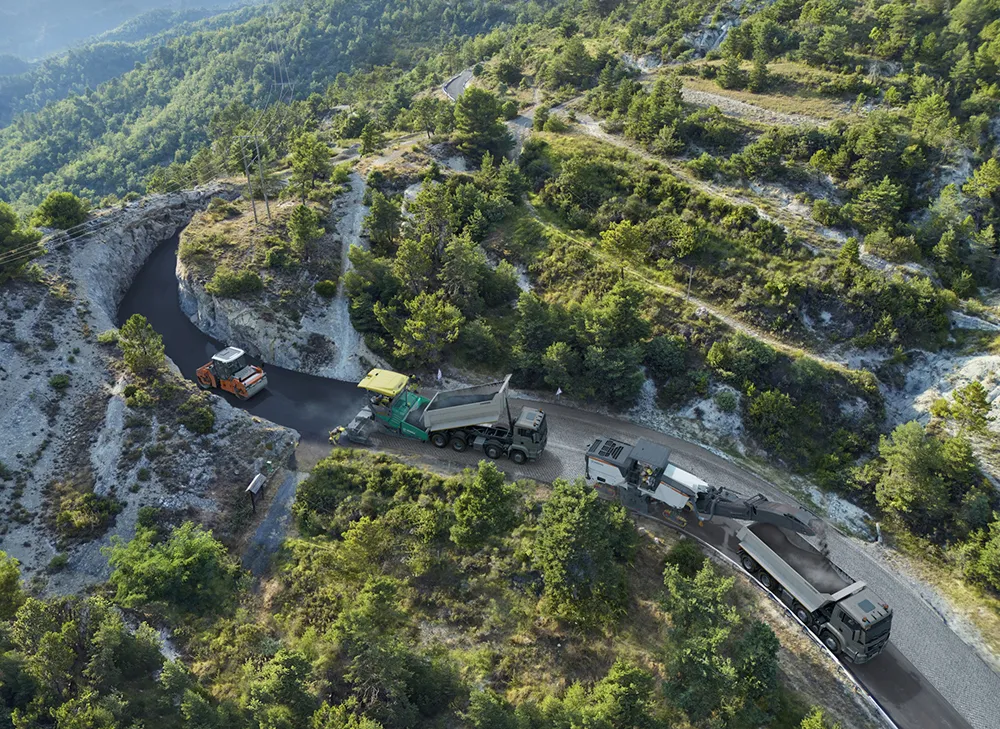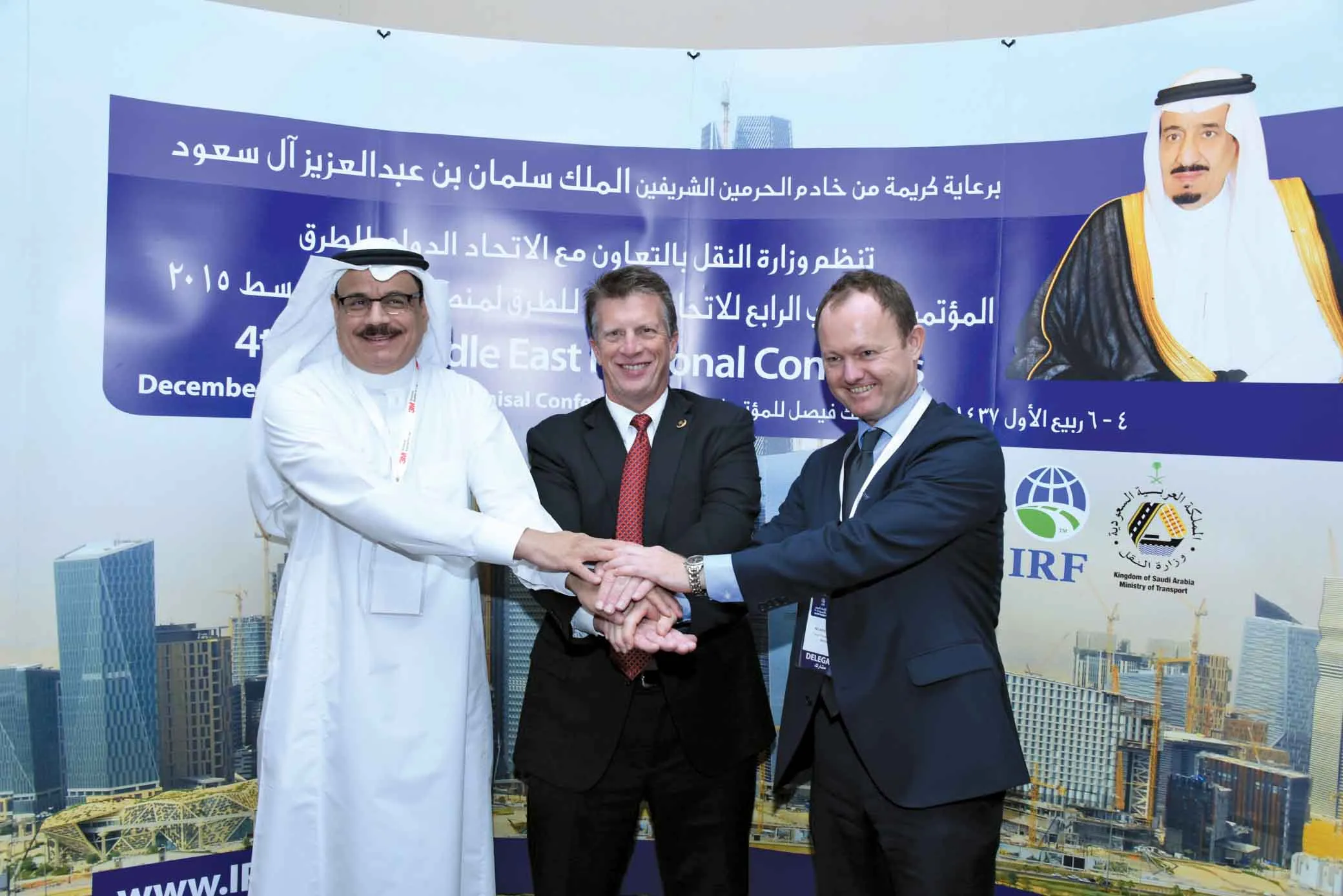
Innovations in technology hold the most promise for advancing road asset management strategies. From artificial intelligence (AI) to cloud technology, solutions are available to help organisations take charge of their pavement assessments and make better decisions — faster, with more accuracy and cost efficiency.
Webinar: Please join us on February 25, 2021 at 10:00 a.m. ET, 3:00 p.m. GMT: Best practices in road asset management. We’ll be talking about:
• Challenges and trends in road asset management
• Customer use case: Faster, more accurate road inspections
• How to get high-quality data and quicker response times at significant budget savings
You’ll hear from the Region of Waterloo (Ontario, Canada) and see how they are using geospatial video for road asset management. We will also talk about how you can adopt tools like Vaisala RoadAI to drive efficiencies in road maintenance and inspections.
Vaisala developed RoadAI to help you address the most difficult challenges with infrastructure management, operational efficiency and roadway safety. Same-day delivery of geospatial videos and best-in-class pavement defect detection empowers everyone from highway engineers to policy makers to make better, more informed decisions.
Join us at our next webinar to hear from the experts. You’ll come away with insightful and practical information.
Sponsored content produced in association with Vaisala









